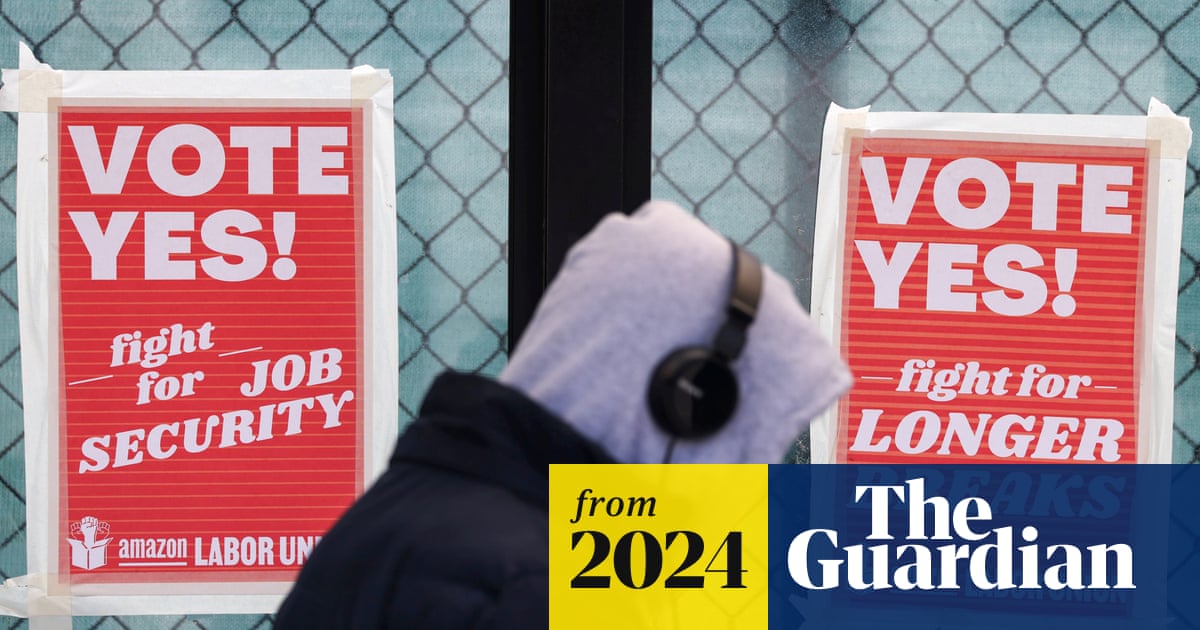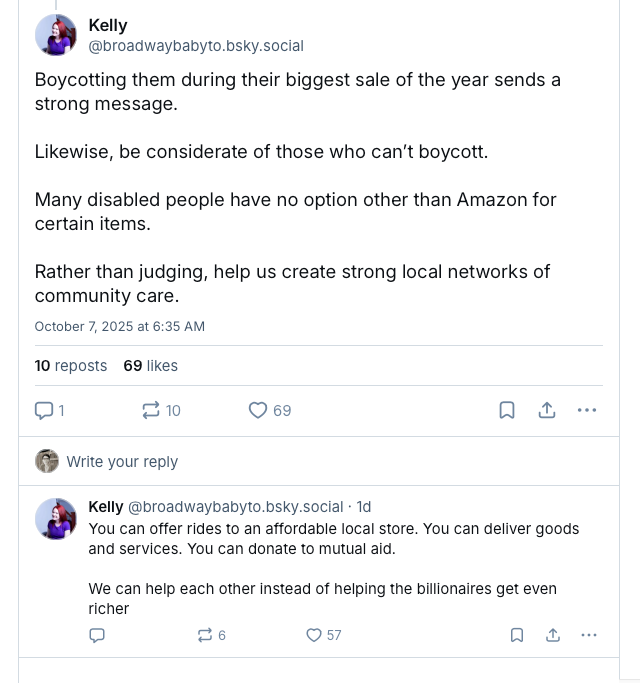Bezos's Cowardice
Despite being one of the wealthiest people in the world, Jeff Bezos has shamelessly capitulated to Trump throughout the past year.
Weeks before the 2024 Election, Bezos personally killed the Washington Post's endorsement of Kamala Harris weeks, which upended a decades-long tradition of publishing Presidential endorsements at the paper. (See also our Washington Post boycott article.)
After Trump's 2024 presidential victory, Bezos visited Mar-a-Lago, donated $1 million to Trump's inaugural fund, and attended the Inauguration, where he was seated behind Trump's immediate family members. Amazon-Prime also live-streamed the Inauguration and has licensed a "behind the scenes" documentary (and follow-up series) on First Lady Melania Trump for $40 million. This astonishing amount is the most Amazon has ever paid for a documentary and also reportedly was 3x the amount of other competing bids.
Bezos capitulated to Trump in other ways this year. In December, before Trump even took office, Amazon rolled back its DEI initiatives. In late April, Bezos opted to not display the extra cost of Trump's tariffs on Amazon's prices after receiving a call from Trump himself.
ICE Runs on Amazon Web Services
Another reason to boycott Amazon is that its cloud computing services subsidiary, Amazon Web Services, is a major ICE contractor. ICE uses AWS to collect, store and analyze massive troves of data used to track and monitor immigrants residing in the US. It's worth also noting that AWS's contract with ICE and DHS began in 2018 during the first Trump Administration, when the first Trump Administration was enacting its cruel policy of separating migrant children from their parents.
This surveillance operation is expected to grow significantly in coming years. AWS has a strategic partnership with data mining company Palantir, which was recently awarded a $30 million contract with ICE to "track migrant movements in real time."
Labor Practices
In addition, Amazon has a long track record of unfair and even cruel labor practices, which are highlighted below.
- Worker Exploitation. Last year, the Center for Urban Economic Development (CUED) at the University of Illinois Chicago (UIC) released a report developed after surveying nearly 1500 Amazon employees. Their findings included:
- "53% of workers experienced one or more forms of food insecurity in the previous three months.
- 48% of workers experienced one or more forms of housing insecurity in the previous three months.
- More than half (56%) have not been able to pay all their bills without a remaining balance in the previous three months.
- One-third of workers (33%) have used one or more publicly funded assistance programs, including 23% who have used the Supplemental Nutrition Assistance Program (SNAP).
- 41% of workers report being injured while working at an Amazon warehouse; 51% at the company for more than three years have been injured.
- 69% have had to take unpaid time off due to pain or exhaustion from working at the company in the past month; 34% have had to do so three or more times."
- Prioritizing Profits Over Safety. In late December 2024, the Senate Health, Education, Labor and Pension (HELP) Committee released a report after an 18-month investigation into Amazon. The investigation found that Amazon had "significantly higher injury rates than both the industry average and non-Amazon warehouses" and that the company manipulates its workplace injury data to cover up the problem. The Senate report also documented worker reports of Amazon "regularly ignoring safety concerns, ordering workers to stay in roles that were causing them pain, denying workers needed medical care or pressuring them to return to work too soon, and refusing accommodations for work-related injuries as well as disabilities." Amazon also appears to be fully aware of the safety risks caused by their practices. The company had commissioned studies into ways to improve worker safety, but then ignored safety recommendations that would slow down productivity and hurt their bottom line
- Discriminatory practices. Disabled, BIPOC and female Amazon workers have also accused the company of engaging in systemic discriminatory practices.
- Human Rights Abuses Overseas. The company's treatment of workers overseas is even less humane, with reports of human rights abuses at factories and warehouses based in India, China and Saudi Arabia. Amazon also has a history of union-busting, and recently fired 150 unionized drivers working for a third-party contractor hired by the company.
- Union Busting. The company also has a long history of engaging in union-busting tactics and spent nearly $13 million last year on anti-union consultants. In September, the Amazon also fired 150 drivers working for a third-party contractor after they had unionized.

In summary, there are many reasons to boycott Amazon. But please remember that disabled, chronically ill, and elderly people rely upon Amazon for shopping. Kelly (aka BroadwayBabyTo) disability rights activist and author of The Disabled Ginger substack reminds us to be considerate of those who cannot boycott Amazon.







